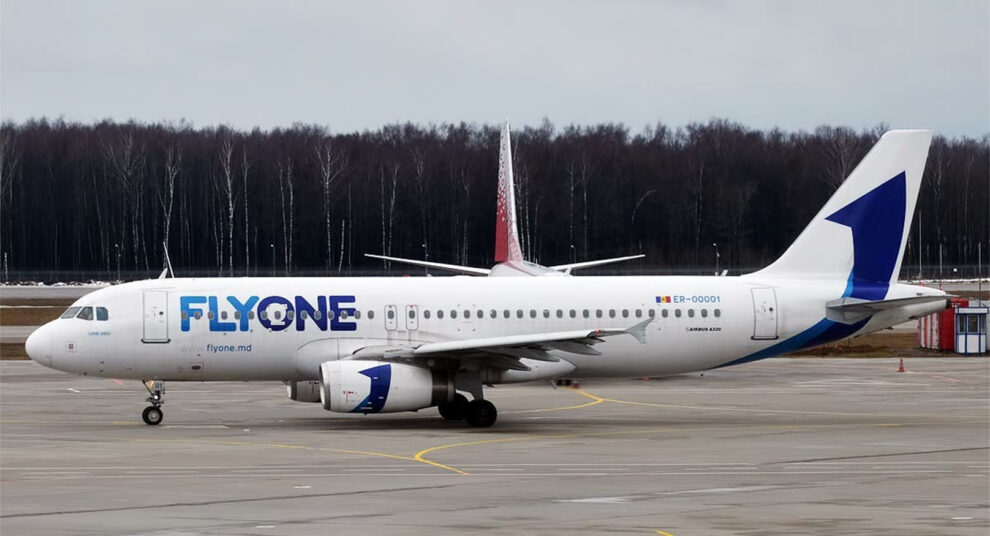The United States has voiced its disappointment over Turkey’s decision to close its airspace to Armenian flights due to the opening of a new memorial in Yerevan, which angered Turkey.
The recently opened memorial commemorates those who took part in the 1920s Operation Nemesis, which aimed at killing the Ottoman officials who played a role in the mass killing of some 1.5 million Armenians in the final days of the Ottoman Empire.
While Armenia and a number of other countries recognize the mass killing of the Armenians as genocide, Turkey categorically rejects the claim, conceding that many died but insisting that the death toll is inflated and that the deaths resulted from civil unrest.
In protest of the opening of the memorial, the Turkish government announced on Wednesday that it is closing its airspace to the Armenian flights.
“Establishing a monument in Yerevan in honor of Operation Nemesis is unacceptable. I can’t accept it,” said Turkish Foreign Minister Mevlüt Çavuşoğlu.
When asked about Turkey’s decision during a press briefing on Wednesday, Vedant Patel, the principal deputy spokesperson of the US State Department, said, “We note with disappointment Türkiye’s announcement that it would suspend Armenian airline overflight permissions.”
He said the US strongly supports Armenia-Turkey normalization, which they believe would be important for not just these two countries but helpful for stability across the region.
Patel said an agreement that had previously been reached between Turkey and Armenia to resume air connections had been a very important confidence-building measure – not just between these two countries, but, again, for regional stability broadly.
Turkey and Armenia in February 2022 resumed their first commercial flights in two years as part of cautious efforts to warm their frozen ties.
In an interview with NTV television, Çavuşoğlu also warned that Turkey would take further measures if the monument in Yerevan is not removed.
Operation Nemesis was carried out by the nationalist Armenian Revolutionary Federation, which killed seven people, including Talat Pasha, a member of the Young Turks, which controlled the Ottoman Empire during the mass killings of Armenians and was seen as the principal architect of the “genocide.”
Relations between Turkey and Armenia have been strained for decades, and the land border between the two neighbors was closed in 1993 in the wake of clashes between Armenia and ethnically Turkic Azerbaijan.
Source: turkishminute
















